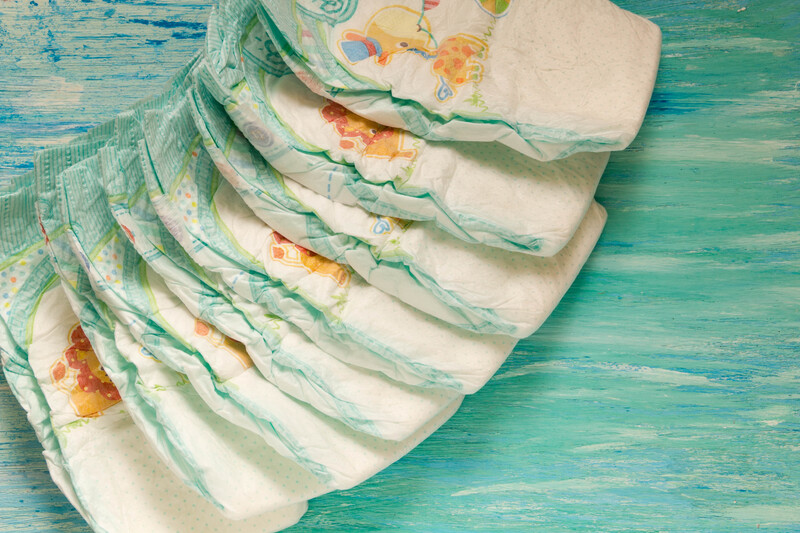Skip Bag Cost Overview
Posted on 26/11/2024
Skip bags have become an essential solution for many households and businesses needing to dispose of waste responsibly. This article provides a comprehensive outlook on skip bag costs, factors influencing pricing, and ways to save money. Whether you're a homeowner undertaking a renovation or a business managing waste, understanding skip bag costs can help you make informed decisions.
What Are Skip Bags?
Skip bags are durable, large, and flexible containers used to collect and dispose of waste. Unlike traditional skip bins, skip bags are made from strong, woven polypropylene fabric, making them collapsible and easy to store when not in use. They come in various sizes, suitable for different waste disposal needs.

Factors Influencing Skip Bag Costs
Size of the Skip Bag
The size of the skip bag is one of the most significant factors affecting the cost. Larger skip bags can hold more waste, thus costing more money. Common sizes include:
- Small (1 cubic yard): Suitable for small projects such as garden clean-ups or minor home repairs.
- Medium (2-3 cubic yards): Ideal for small-scale renovation projects or garage clean-ups.
- Large (4.5-6 cubic yards): Best for larger projects, including office refurbishments or major home renovations.
Type of Waste
The type of waste being disposed of also affects the cost. General waste is usually cheaper to dispose of compared to hazardous or mixed waste due to the special handling and disposal requirements for certain materials.
Duration of Use
How long the skip bag is required also plays a role in the overall cost. Some services offer daily, weekly, or monthly rates. Long-term use will understandably be more expensive than short-term use.
Location
Geographical location can influence skip bag costs. Disposal rates vary depending on local regulations, landfill fees, and transportation costs. Urban areas might have different pricing structures than rural areas.
Average Skip Bag Cost Estimates
Here is a general estimate of skip bag costs based on size and type of waste:
- Small Skip Bag: $30 - $50
- Medium Skip Bag: $60 - $90
- Large Skip Bag: $100 - $150
- Mixed Waste: Additional $20 - $30 depending on regulations
- Hazardous Waste: Additional $40 - $60 due to special handling
Tips to Save Money on Skip Bags
While skip bag costs can add up, there are ways to save money:
Compare Prices
Not all skip bag providers charge the same rates. Take the time to compare prices from different companies to find the best deal.
Opt for the Right Size
Avoid paying for more space than you need. Assess the volume of waste you expect to generate and choose a skip bag size accordingly.
Separate Your Waste
Sorting your waste into categories can save money. General waste, recyclable materials, and hazardous waste should be separated to prevent higher mixed waste charges.
Look for Discounts
Some providers offer discounts for first-time users, online bookings, or weekly specials. Keep an eye out for promotions.
Pros and Cons of Using Skip Bags
Pros:
- Convenient and easy to use
- Flexible and collapsible for easy storage
- Available in various sizes
- Cost-effective compared to traditional skip bins
- Environmentally friendly option when used correctly
Cons:
- May not be suitable for large or heavy waste
- Location restrictions may apply for placement
- Extra costs for specific types of waste

Takeaways
Skip bags are a cost-effective and convenient solution for waste disposal. Understanding the different factors that influence skip bag costs can help you better budget for your waste disposal needs. By comparing prices, choosing the right size, and separating waste, you can save money while managing your waste responsibly.
Conclusion
Skip bags provide an efficient way to manage waste for various projects, big or small. The cost of skip bags depends on factors such as size, type of waste, duration of use, and location. By keeping these factors in mind and following our cost-saving tips, you can make the most out of your skip bag service. Consider the pros and cons to determine if skip bags are the right choice for your needs. Proper waste management not only saves money but also contributes to a healthier environment.


 020 3744 5548
020 3744 5548












